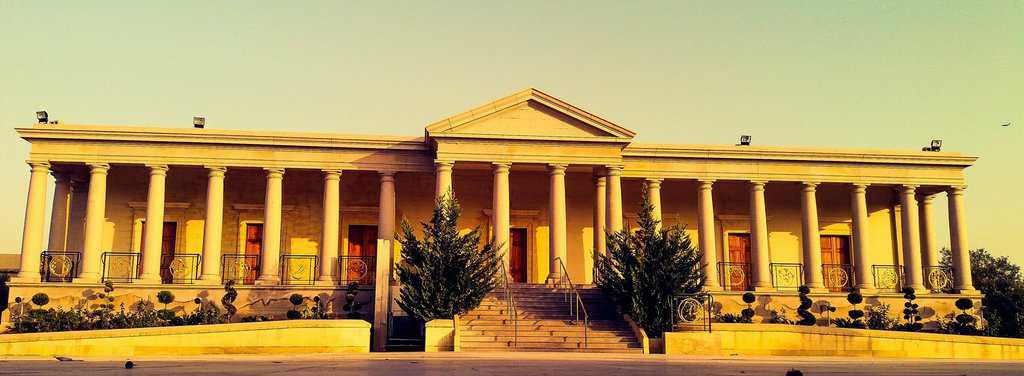
Let’s not reduce the absurdity of Charles Polidano iċ-Ċaqnu’s sense of entitlement to Orwellian ovine oversimplifications of PN good Labour bad. He is one of the best cases for the argument that our political and democratic system is compromised by its dependence on construction tycoons whether because political parties and candidates depend on their funding or because they are large scale employers perceived by those whose livelihoods depends on their business as benefactors who are certainly more important in their lives than the politicians perceived to be acting against them.
Montekristo has grown like a sprawling cancer over several decades, across political eras. Attempts at regulatory intervention have been sporadic, weak, and ineffective. By a universal code of if you can’t beat them join them, politicians from across the divide attended weddings and hosted rallies at the venue.
This Times of Malta report says Montekristo is slated for further enlargement and iċ-Ċaqnu is trying to carve the path of least resistance by obtaining permits for development of a kind he’d been perfectly happy to undertake in the past without any authorisation. To do that he needs to clean his very dirty slate, get some 64,000 square metres of illegal development in the countryside made retroactively legal.
I’m reminded of Diane Keaton’s Kay mocking Al Pacino’s Michael’s pursuit of redemption in his old age after a life of crime. He asks for her forgiveness and she asks what for. He says he wants forgiveness for everything.
“Like God, ha?” she says.
For an outsider, Catholics have an easy way out of guilt. They get to say sorry and have their conscience rubbed clean. But what happens to the pain they have caused. Who rubs the suffering of others away? Are three Hail Marys really what victims need?m
If it were to come to forgiving iċ-Ċaqnu for Montekristo, he’ll be made to make token penance, pay some fine, set up some playing field in some deprived area, plant trees to plaster over the deep scarring caused by his so-called developments.
How about making whole what he has damaged? What about restoring to nature what he took away from it? What about taking the site back to a time when the only lawful human activity on the area was walking across it? What about removing those faux antique edifices, those stone clad concrete boxes, those post-dated shotcretes pretending to have been there for an age of amnesia, those vague pastiches pretending to be historical with 1998 written all over them, and replacing them with forest?
Why does the country owe Montekristo an extension of its activities when the ones it already undertakes are unlawful? Do we pay millions to a bank robber so they can keep up their lifestyle when they run out of the money they first robbed? Why should we feel any inclination to let iċ-Ċaqnu have a bigger brewery when the brewery he has now was erected in place of some of the last square metres of open space anywhere?
I know it’s easy for me to say. I’m not in politics and perhaps if I was I’d be sucked in the fixed and apparently immutable arrangements that these power plays determine. I’d be finding ways to justify to myself the inanity of a legal system that would punish someone for tearing open an internal window on their own property without first having it cleared by the authorities but that is unable to find the means and the resources to stop the inexorable growth of a 64,000 square metre plague on pristine countryside.